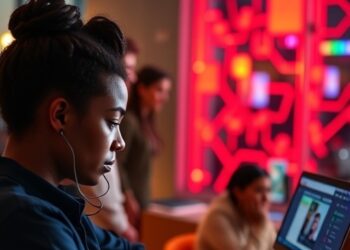Strategic thinking and problem solving is at the heart of a new study that aims to improve learning and boost academic performance across South Australian schools.
Strategic thinking and problem solving is at the heart of a new study that aims to improve learning and boost academic performance across South Australian schools.
A collaboration between the SA Department for Education and the University of South Australia, the five-year study will engage 4000 students in years two, four and six, across 57 South Australian primary schools to determine the benefits of teaching self-regulated learning.
Funded by the NHMRC and the Department for Education, the study will build on an initial project undertaken in Europe. The randomised control trial will teach self-regulated learning techniques to primary school-aged children, providing them with specific skills to manage their own learning in a way that is expected to have a positive long-term impact over their educational journey.
Self-regulated learning practices teaches children how to modify and manage goal setting, including creating sub-goals, monitoring their progress, and planning what to do if difficulties arise.
The practices equip students with the ability to strategically adapt their learning strategies in response to challenges or setbacks, and adaptability fosters resilience and the capacity to overcome obstacles.
Chief investigator, UniSA’s Professor Sally Brinkman says self-regulated learning teaches students how to be successful learners.
“Self-Regulated Learning teaches students to take control of their learning by setting goals, planning, monitoring, evaluating, and adjusting your strategies,” Prof Brinkman says.
“It embraces goal setting, scaffolding problems into smaller achievable tasks, and learning how to identify gaps in their knowledge or where they need more practice. It also recognises student effort, builds self-belief, and helps students learn how to manage problems and when to ask for help.
“However, self-regulated learning isn’t something that has traditionally been taught at school.
“Given the success of this style of learning overseas, we’re keen to see how it could work in Australia, which is exactly the focus of our study.
“We have high hopes that a self-regulated learning approach will have a positive impact for all students, supporting them in their learning journey throughout life.”
Participating teachers have already received training in Term 1 this year, with participating students receiving age-specific methods of self-regulated learning lessons in Term 2. Researchers will then measure student outcomes against those in a control group who have not received self-regulated learning lessons.
Department for Education Chief Executive Professor Martin Westwell says the project presents a unique opportunity for high quality science to inform teachers, schools and education systems in South Australia.
“The teaching of self-regulated learning skills as early as possible in primary school offers a significant opportunity to shift the learning and developmental trajectory for significant numbers of children,” Prof Westwell says.
“In the European trial, students who received instruction in self-regulated learning demonstrated significant enhancements in both their self-regulated learning skills and impulse control – and consequently their academic performance improved significantly.
“Providing this assistance to all children, regardless of their background, is ultimately an issue of equity.
“Learning how to be a successful learner at school is an indicator of future success later in life. We want to ensure that every South Australian children has the opportunity to succeed.”
………………………………………………………
Media contact: Annabel Mansfield E: Annabel.Mansfield@unisa.edu.au M: +61 479 182 489
UniSA Researcher contact: Prof Sally Brinkman E: Sally.Brinkman@unisa.edu.au
Dept of Education contact: via Melissa King E: mel.king@sa.gov.au M: +61 417 148 473
Method of Research
Case study
Subject of Research
People




